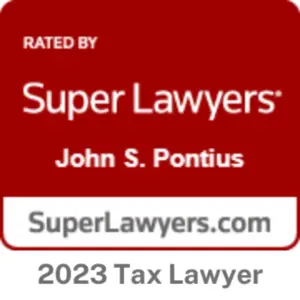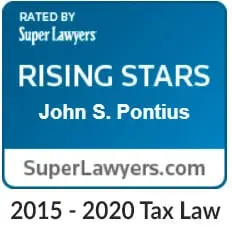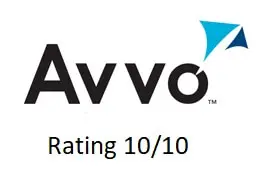Individual Income Tax Consequences Affordable Care Act
By John Pontius, Tax Section Co-Chair
We are entering the first tax season in which the Affordable Care Act (“ACA”) may change your federal individual income taxes. This article provides a summary of how the ACA affects taxpayers.
The ACA’s individual shared responsibility provision was designed to improve the quality and coverage of health insurance in the United States. This requires individuals to have qualifying health care coverage for each month of the year, qualify for a coverage exemption, or make a share responsibility payment when filing their federal income tax returns. Additionally, ACA created the Premium Tax Credit for taxpayers who purchased a qualified health plan through the Health Insurance Marketplace, also known as the Exchange.
Taxpayers will report their minimal health care essential coverage on line 61 of Form 1040. No further action is required for these taxpayers. The IRS has provided a list of coverage exemptions (i.e. economic hardship or member of certain religious sects). Taxpayers who qualify for an exemption need to attach Form 8965, Health Coverage Exemptions, to their federal income tax return to claim that exemption.
Uninsured taxpayers who do not qualify for an exemption will have to make a shared responsibility payment when filing their tax returns. For 2014 the shared responsibility payment is the greater of one percent of the household income that is above the tax return filing threshold for the taxpayer’s filing status, or the family’s flat dollar amount which is $95 per adult and $47.50 per child (under the age of 18), limited to a family maximum of $285. The instructions to Form 8965, Health Coverage Exemptions provide the worksheets to calculate the shared responsibility payment. These payments are scheduled to increase in 2015 and 2016 and indexed for inflation in subsequent years. The ACA prohibits the IRS from using liens or levies to collect any individual shared responsibility payment. However, the IRS may offset that liability with any tax refund that may be due to them.
Taxpayers may be eligible for the Premium Tax Credit if the taxpayer meets three tests. First, the taxpayer was enrolled in a qualified health plan offered through the Marketplace. Also the individual was not eligible for other minimal essential coverage. Lastly the taxpayer’s income must be at least 100% but not more than 400% of the federal poverty line. For the purpose of the 2014 Premium Tax Credit, the 2013 federal poverty line is used because open enrollment began on October 1, 2013. The following are the 2013 federal poverty lines for the 48 contiguous states and Washington, D.C.
- $11,490 for an individual
- $15,510 for a family of two
- $19,530 for a family of three
- $23,550 for a family of four
Taxpayers eligible for the Premium Tax Credit can elect to have the Credit paid directly to the insurance company based upon the taxpayer’s projected income or wait to get the tax benefit when filing his or her tax return. The amount of the advance credit payment will appear on Form 1095-A, Health Insurance Marketplace Statement issued by the Marketplace. This information is used to complete Section 2 of Form 8962, Premium Tax Credit. The Premium Tax Credit is a refundable credit. If the taxpayer’s advance credit payments exceed the Premium Tax Credit, the taxpayer will repay the excess when they file their federal income tax return.
Taxpayers with minimal essential coverage or an exemption will not see a change to their 2014 taxes based upon the ACA. Taxpayers without minimal essential coverage or an exemption will see their 2014 tax bill increase with further increases planned in the future. These taxpayers may decide to purchase the minimal essential coverage. For taxpayers earning between 100% and 400% of the federal poverty line, they may be eligible for a Premium Tax Credit to help defray the cost of health insurance.
Originally published in the Newsletter of the Bar Association of Montgomery County, Maryland.









